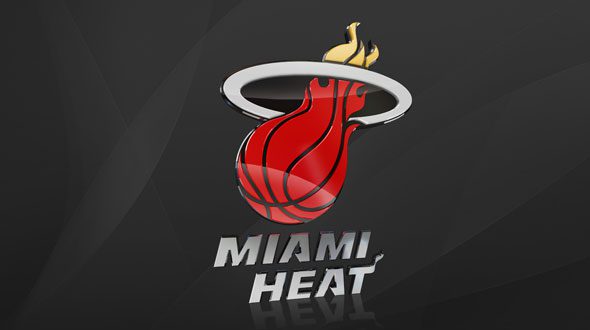 “In this fall — this is very tough — in this fall, I’m going to take my talents to South Beach and join the Miami Heat.” Those words from LeBron James, along with a later pre-season prediction of multiple championships, have heavily influenced the national perception of LeBron James and, therefore, our local professional basketball team. It would make sense that two years later the national vitriol would have died down. Unfortunately, that is not the case and the irrational hatred towards LeBron clouds what is otherwise a worthy sports story.
“In this fall — this is very tough — in this fall, I’m going to take my talents to South Beach and join the Miami Heat.” Those words from LeBron James, along with a later pre-season prediction of multiple championships, have heavily influenced the national perception of LeBron James and, therefore, our local professional basketball team. It would make sense that two years later the national vitriol would have died down. Unfortunately, that is not the case and the irrational hatred towards LeBron clouds what is otherwise a worthy sports story.
Point toward almost any member of the Heat and you will find a player who has taken a reduced amount of money to become a part of this special organization. All of the Big Three — Chris Bosh, Dwyane Wade and LeBron — turned down opportunities to play for more money elsewhere in the NBA, opting instead to team up in Miami. What’s more, those three sacrificed even more money to retain the local product and local favorite in Udonis Haslem, who himself turned down more than $10 million more to stay in Miami.
Dan LeBatard, of the Miami Herald, recounts the last time that Haslem saw his late mother smile.
“It was on her death bed, when he told her he was turning down the Dallas millions to stay with the Heat,” said LeBatard, who continued with the importance of the Heat organization to Haslem. “In that rough neighborhood he calls home, when car after car pulled in for his mother’s wake and so many members of the Heat family emerged from them to be at his side in his weakest moment, Pat Riley included.”
Even when the Heat brass was pitching their team to LeBron and Bosh, they preached that “family” was the most important tenet for their organization. To prove it, alongside Pat Riley was Mickey Arison, his son and CEO Nick, Andy Elisburg, Alonzo Mourning and head coach Erik Spoelstra. Pick any member of that meeting and the idea of “family” rings true.
In 1988, Ted Arison brought basketball to Miami in the form of the Heat. In 1995, Mickey took over as the general managing partner and he has been in that role ever since. Nick Arison began working for the Heat as a team attendant in 1995. He began his natural progression up the ladder, which led to last year’s promotion to CEO.
In another example of natural progression, Elisburg joined the Heat in the 1988 inaugural season as a public relations intern. He is now the assistant general manager. Mourning helped the Heat capture its first NBA championship in 2006 and, after his playing days were over, he stayed with the organization as the vice president of player programs. And even Spoelstra has progressed up the ranks to the head coaching position since being named the video coordinator in 1995.
Most recently, both Ray Allen and Rashard Lewis passed up opportunities that would have paid them more money to attempt a back-to-back championship here in Miami. In the modern-day sports world, be it the NBA or elsewhere, the majority of the time the players go where the money is; the Heat is one big anomaly.
I fell in love with this team all over again during the playoff run. It truly is a shame that the rest of the country can’t move past a couple of comments to appreciate a truly admirable organization.






